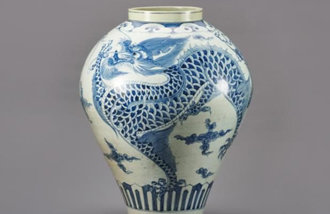Hyundai Research Institute Issues Warning Against Foreign Capital
Hyundai Research Institute Issues Warning Against Foreign Capital
Posted May. 14, 2007 07:45,
Chinas largest automaker, the Shanghai Automotive Industry Corporation (SAIC), bought South Koreas Ssangyong Motor Company in 2005 in an attempt to narrow the automotive technological gap between the two countries.
In 2006, Videocon, an Indian consumer electronics multinational, was selected as the preferred bidder to buy out Daewoo Electronics. Although the plan fizzled out in the end, the acquisition would have provided a technological leap forward for Videocon.
In the same year, South Korean steel maker POSCO kept both its eyes wide open as the Indian steel giant Mittal bought European-based steel maker Arcelor to become the worlds number one steel producer. Industry experts hinted that Arcelor Mittal could also be interested in a hostile takeover of POSCO.
Recently, more and more Chinese and Indian industrial capital is making its way to South Korea to acquire its firms. Compared to a series of foreign financial capital-led takeovers in the aftermath of the 1997 Asian financial crisis, a new breed of M&A players has appeared on the map.
In a report titled Chinese and Indian industrial capital is coming released on Sunday, the Hyundai Research Institute (HRI) said, Overtaking foreign financial capital, Chinese and Indian industrial capital has emerged as the main source of M&As taking place in Korea.
The report further noted, Industrial capital-led M&As are aggressive by nature because their main purpose is to acquire any necessary competence such as advanced technology, strong brand power, and rights to business from within the industry or any other similar industry. In this sense, we often witness hostile M&As.
HRI added that the following companies are more vulnerable to hostile M&As: companies which have 1) widely dispersed share ownership (hence making for an easier acquisition by the players), 2) a high percentage of foreign ownership, and 3) specialty in raw material production and core technology, which all top of Chinese and Indian industries interests.
The report urged Korean firms to form legal grounds on which to fight against the recent surge in hostile M&A movements led by foreign industrial capital. It added that ultimately, Korean capital should join the global M&A race by raising domestic capital competitiveness. At the same time, the HRI argued that Korean laws with strict distinctions between industrial and financial capital are hindering the growth of domestic capital.
sanhkim@donga.com







